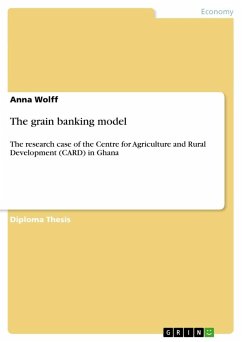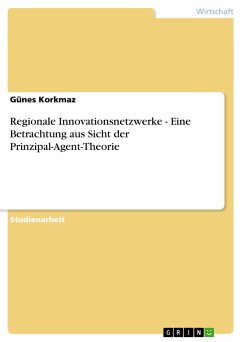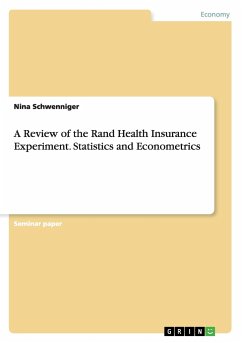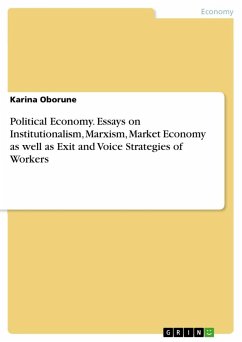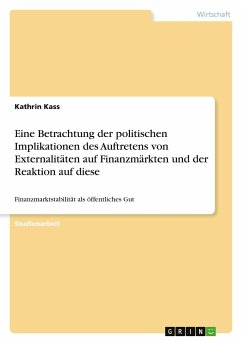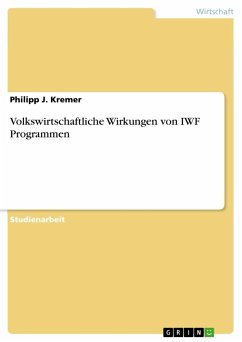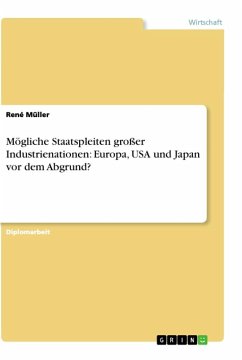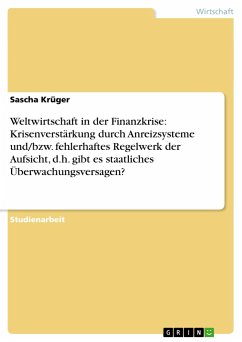Diploma Thesis from the year 2006 in the subject Economics - Case Scenarios, grade: 1,3, European University Viadrina Frankfurt (Oder) (Europa-Universität Viadrina / Reims Management School), language: English, abstract: The rural sector in development countries is characterized by high covariant risk, high client dispersion and lack of suitable collateral. These problems lead to high information asymmetry within the agricultural lending process. Because information is incomplete agricultural lending is costly. Consequently many micro finance institutions (MFIs) have concentrated their branches and activities in urban areas. Therefore scepticism is growing about their role in mobilising rural savings and offering rural lending services. Financial cooperatives demanding compulsory savings and enforcing group lending schemes are able to reduce information asymmetry and hence transaction costs of agricultural lending. Since the financial cooperative follows a minimalist approach, it does not offer non-financial services such as storage facilities, training in farming techniques or the treatment of agricultural produce. In order to enhance clients' ability to utilize credit, and thereby to improve their repayment rates, an MFI should follow the integrated approach. The MFI with an integrated approach offers credit combined with non-financial services. The grain bank is seen as a financial institution which links products and services of the financial cooperative with those of the integrated approach. The grain bank replaces physical cash with grains and farm inputs. Six main products are offered by the grain bank: savings in grain, input credit, inventory credit, household food security loan, storage services and training services. Further the grain bank provides access to input and output markets otherwise not available for the farmer. The Ghanaian "Centre for Agriculture and Rural Development" (CARD) is such a grain bank. The results show that CARD has a better financial sustainability than other Ghanaian MFIs not operating as a grain bank. Although the study reveals that the outreach of CARD is not as encouraging as assumed, the clients seem to be satisfied with the services received by CARD. At the same time the results of the econometric analysis indicate that the provision of credit supplied by CARD increases farmer's output with potential effects on income.
Hinweis: Dieser Artikel kann nur an eine deutsche Lieferadresse ausgeliefert werden.
Hinweis: Dieser Artikel kann nur an eine deutsche Lieferadresse ausgeliefert werden.

